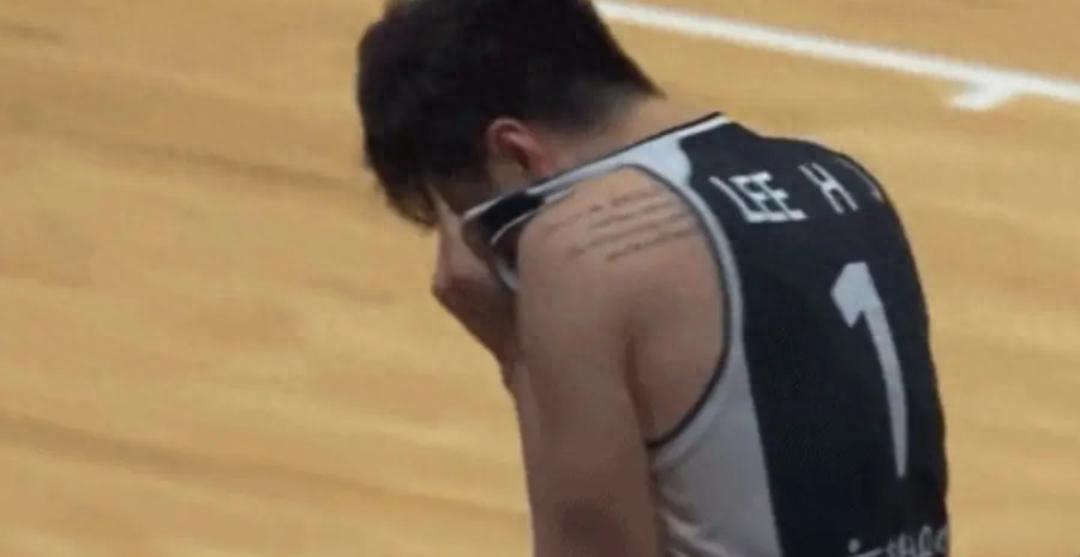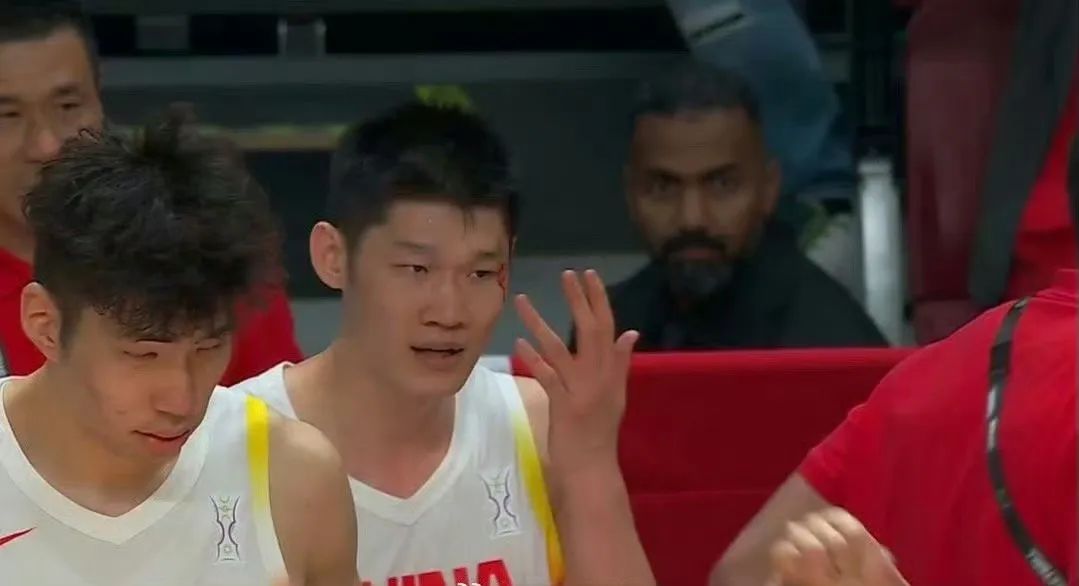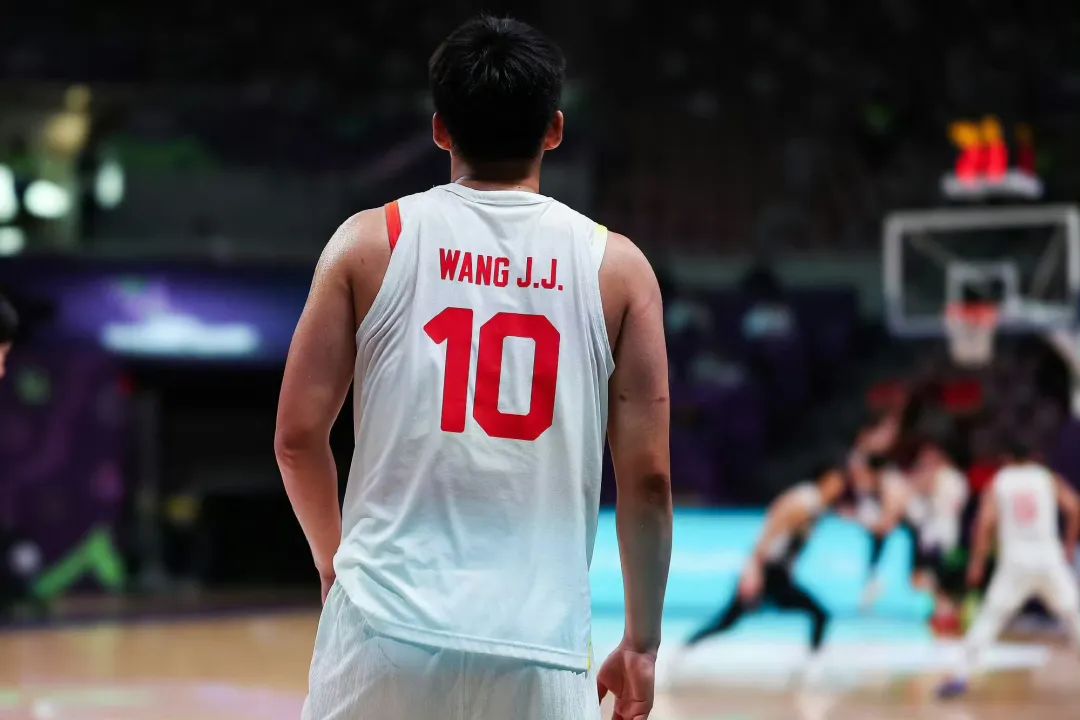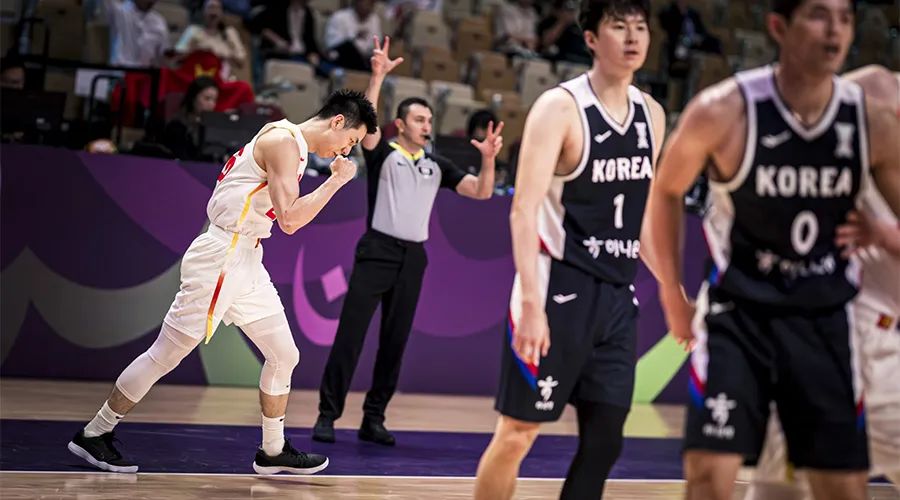The main player of the South Korean basketball team was brought to tears! After a 10-year wait, congratulations to the Chinese basketball team for making a comeback to the Asian Cup semifinals!
In the quarterfinals of the 2025 Asian Cup, the Chinese basketball team triumphed over South Korea 79-71, marking their return to the semifinals after 10 years.(The last time was winning the championship at the 2015 Asian Championship in Changsha).
Although it’s not the World Cup or the Olympics, it doesn’t generate widespread social excitement.
However, currently, Chinese basketball lacks victories, not beauty.
In the previous two Asian Cups, the team was eliminated in the quarterfinals (5th place in 2017 and 8th place in 2022), and this game broke the quarterfinal curse.
Moreover, since it was against an old rival, it would be disingenuous to say that fans are not happy.
Additionally, this was a game where we were the 5th seed against the 8th, so winning is even more exhilarating.
The refereeing standards in the third quarter nearly made me regurgitate the yellow braised chicken I just ate...
With the questionable calls by the referee, South Korea scored 15 points from free throws in the third quarter, bringing them back into the game.
If the game had been played normally, the score difference should have been 15-20 points.
Winning is great, so let’s not dwell on these factors any longer.
Interestingly, South Korea's absolute star Lee Hyun-joong was brought to tears again.
Why "again"? He also cried after South Korea's U18 team lost to China's U18 team in the 2018 Asian Youth Championship...
Unfortunately, the subsequent development of that Chinese U18 team’s Wang Quanze and Guo Haowen did not meet expectations.

In last night's game, what was our winning factor? Defense.
Renowned for their three-point shooting, South Korea was limited to3 out of 24 attempts,with a shooting percentage of 12.5%.
The defensive principles were thoroughly implemented: No three-pointers for you; if you can, score two points against me.
Once the three-point shot was taken away, South Korea's rhythm fell apart.
I’ve been watching the China-South Korea matches for almost twenty years, with wins and losses.Regardless of the level of competition, last night's game showcased our best defensive performance against their three-pointers.
We all understand the strategic principles, but executing them on the court is often another matter. It’s like knowing you need to study hard to get into a good university, but can you actually follow through on that during the learning process?
Last night’s game provided a template for how Chinese basketball can face opponents like Japan and South Korea on the defensive end.
What is our advantage? As mentioned a few days ago, it’s our physicality.
Zhao Rui’s opening drive, which was a powerful push, is the best example. Rui's physique allows him to play positions 3-4 against South Korea...
Our own outside shooting was 7 out of 25, which also hindered us. Zhao Rui, Hu Mingxuan, Gao Shiyan, and Cheng Shuaipeng, our four guards, only made 1 out of 15 from outside...
However, we have a significant advantage inside.
Hu Jinqiu’s presence was something they just couldn’t handle, as steady as a rock.

Additionally, we have two forwards with distinct characteristics.
The biggest surprise was Wang Junjie.
He played for 24 minutes and 43 seconds, shooting 9 out of 14, hitting 3 out of 4 three-pointers, and collecting 21 points and 8 rebounds.
After the game, he was also taken for a urine test, which was quite amusing.
Regarding him, before yesterday's game, I shared more of his story in my post; brothers can click the link below to check it out:
The Great Wall and the Hungry Wolves! In the China-South Korea matchup, Wang Junjie became a key factor!
In summary, this player is a valuable asset for us.
In NCAA, he may not be a star, but you can clearly see the significance of Chinese players going abroad; they become more confident, well-rounded, and decisive...
I look forward to seeing Junjie partner with his U18 teammate, Yang Hansen, in the 4-5 positions.
Let the young talents return after they’ve learned!
Chinese basketball really needs this strength.

As for the other forward, Zhu Junlong is an underrated player.
His role in the Chinese national team is somewhat similar to Bridges on the Knicks.
Are you expecting him to handle the ball? Forget it; his skill level is limited.
However, he does a lot of unnoticed work, playing hard defense, grabbing rebounds, providing help defense... and then hitting three-pointers.
Any team needs players with such attributes.

Let’s stop the praise here and bring in some reality.
In the semifinals, we will face New Zealand. The latter completed a comeback against Lebanon, winning by over 20 points to reach the semifinals.
How should the Chinese basketball team play against New Zealand? If our guards perform at last night's level, we have no chance.
This is a different logic compared to playing against South Korea.
We no longer have a clear physical advantage; instead, the opposing team has better physicality in the men's game.
Therefore, to win, we need to achieve the following three points:
1. Be accurate from the outside.
2. Control the rebounds well.
3. Minimize turnovers to limit New Zealand's fast breaks.
When Hu Jinqiu and Wang Junjie are restricted, who will step up?
Let’s honestly admit that the best-performing guard last night was Gao Shiyan.
Zhao Rui was average, Cheng Shuaipeng lost his shooting touch, and although Liao Sanning hit a crucial mid-range shot, his performance was subpar.
For Hu Mingxuan, who has faced widespread criticism, his biggest issue isn’t scoring 0 points or shooting 0 for 7, but his tendency to hold the ball too long.
He holds the ball in a triple-threat position without moving for 3 seconds, then turns his back to the basket while waiting for a screen, wasting another 2 seconds, and after a series of unnecessary dribbles, he wastes 3 more seconds before passing. This disrupts the offense significantly.
If he can’t hit three-pointers, he becomes a liability on the offensive end...
It’s foreseeable that against New Zealand, whether Hu Mingxuan can make shots will be crucial.(This sentence is highlighted in red and bold)
From being aggressive on defense to hesitating on offense, these are all bad habits formed over time.
You’ll find that it’s not just Hu Mingxuan; most domestic guards have this issue...


Wonderfulshortvideo
Ja tough chasedown rejection 🏃 🚫


Shai Gilgeous-Alexander joins Wilt Chamberlain (3x) as the only players in NBA history to total 40+ pts, 10+ ast, and 5+ reb in a game on at least 80% shooting from the field 📈 💪


Giannis jams it through traffic 🔥


SGA gets inside for 2️⃣, putting him at 40pts on the night ❗️


Great @Charlotte Hornets sequence 🏀


Super tough take 👏


Great move 👏








 Links
Links
 Contact
Contact
 App
App


